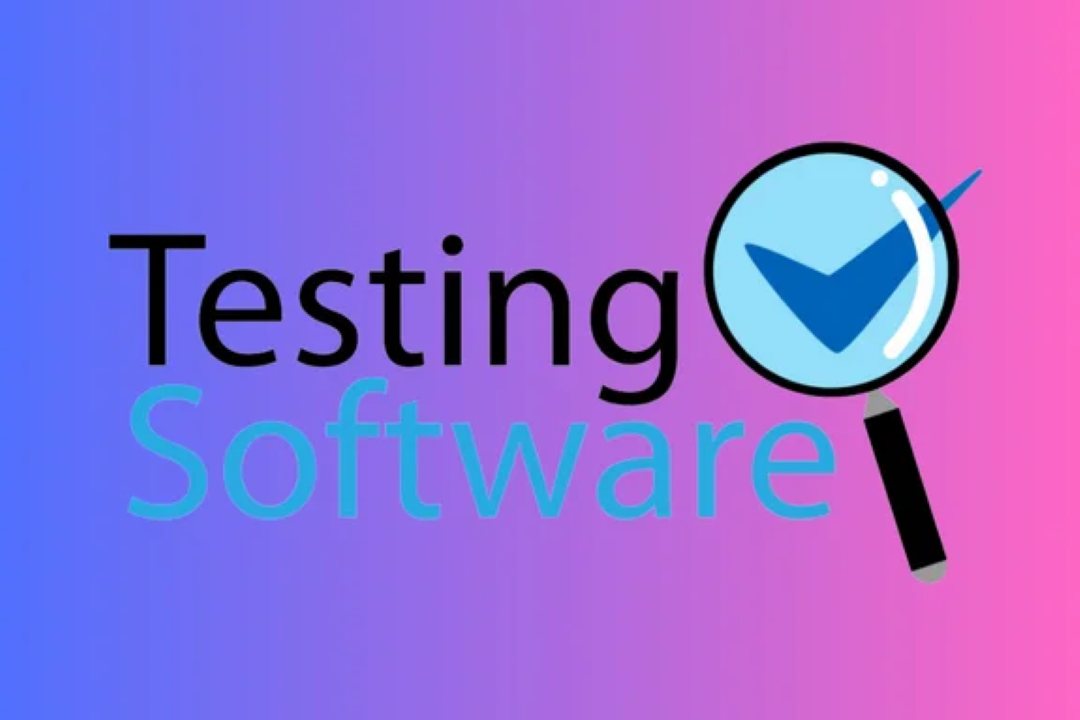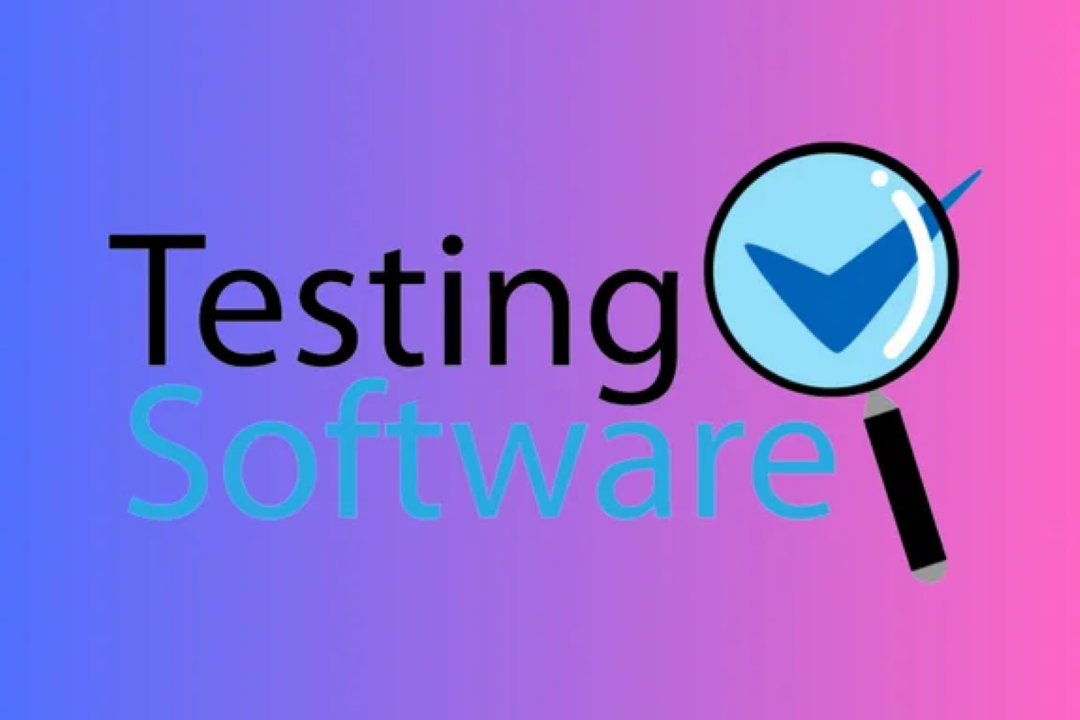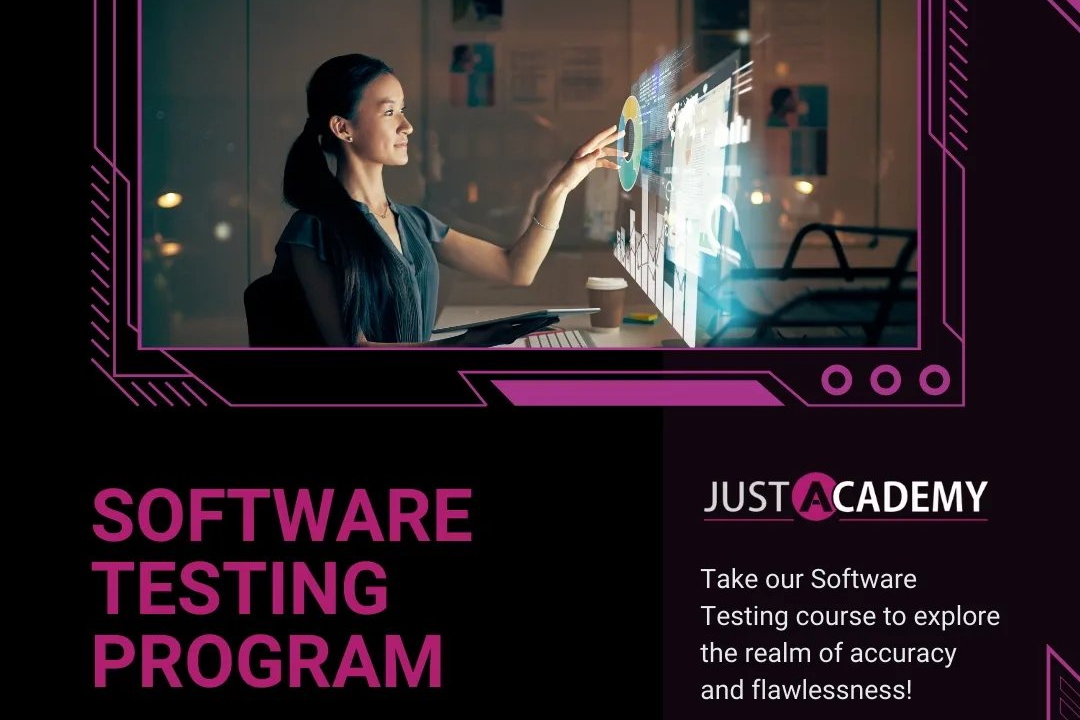React Native Best Practices 2018
React Native best practices established in 2018 focus on creating efficient, maintainable, and high-
React Native Best Practices 2018
React Native best practices established in 2018 are essential for developers seeking to build high-quality mobile applications. These practices emphasize the use of functional components and hooks to streamline state management and enhance code readability. By promoting modular component design, developers can ensure better reusability and easier maintenance of their codebase. Performance optimization techniques, like memoization and lazy loading, help create smooth and responsive applications that provide an excellent user experience. Adhering to these best practices not only accelerates development time but also fosters collaboration among developers, leading to more scalable and maintainable projects overall.
To Download Our Brochure: https://www.justacademy.co/download-brochure-for-free
Message us for more information: +91 9987184296
React Native best practices established in 2018 are essential for developers seeking to build high quality mobile applications. These practices emphasize the use of functional components and hooks to streamline state management and enhance code readability. By promoting modular component design, developers can ensure better reusability and easier maintenance of their codebase. Performance optimization techniques, like memoization and lazy loading, help create smooth and responsive applications that provide an excellent user experience. Adhering to these best practices not only accelerates development time but also fosters collaboration among developers, leading to more scalable and maintainable projects overall.
Course Overview
The “React Native Best Practices 2018” course is designed for developers looking to enhance their skills in mobile application development using React Native. This comprehensive program covers essential best practices established in 2018, focusing on the use of functional components and hooks to improve code readability and state management. Participants will learn how to create modular and reusable components, optimize performance through advanced techniques like memoization and lazy loading, and implement effective debugging strategies. By the end of the course, learners will be equipped with the knowledge and skills to build high-quality, efficient, and maintainable mobile applications, setting a solid foundation for future projects in React Native development.
Course Description
The “React Native Best Practices 2018” course offers developers an in-depth exploration of the most effective techniques for building robust mobile applications using React Native. Participants will delve into core concepts such as functional components, hooks, and state management while learning to create maintainable and reusable code. The course emphasizes performance optimization strategies, including memoization and lazy loading, alongside effective debugging methods to enhance development efficiency. By engaging with real-time projects, learners will not only acquire valuable skills but also gain insights into the latest industry standards, ultimately becoming adept at producing high-quality mobile applications in today's competitive landscape.
Key Features
1 - Comprehensive Tool Coverage: Provides hands-on training with a range of industry-standard testing tools, including Selenium, JIRA, LoadRunner, and TestRail.
2) Practical Exercises: Features real-world exercises and case studies to apply tools in various testing scenarios.
3) Interactive Learning: Includes interactive sessions with industry experts for personalized feedback and guidance.
4) Detailed Tutorials: Offers extensive tutorials and documentation on tool functionalities and best practices.
5) Advanced Techniques: Covers both fundamental and advanced techniques for using testing tools effectively.
6) Data Visualization: Integrates tools for visualizing test metrics and results, enhancing data interpretation and decision-making.
7) Tool Integration: Teaches how to integrate testing tools into the software development lifecycle for streamlined workflows.
8) Project-Based Learning: Focuses on project-based learning to build practical skills and create a portfolio of completed tasks.
9) Career Support: Provides resources and support for applying learned skills to real-world job scenarios, including resume building and interview preparation.
10) Up-to-Date Content: Ensures that course materials reflect the latest industry standards and tool updates.
Benefits of taking our course
Functional Tools
1 - React Native CLI: The React Native Command Line Interface (CLI) is essential for building and running applications efficiently. It allows developers to create projects, run apps on simulators, and efficiently manage the development lifecycle. Understanding the CLI enables students to set up their environment quickly, facilitating a smoother learning process. This tool empowers learners to execute commands that streamline initial project setup and development tasks, making it easier to experiment with coding and troubleshooting.
2) Expo: Expo is a framework and platform for universal React applications. It simplifies the development process by providing a set of tools and services that eliminate the need for deep knowledge of native development. Students can quickly create applications and leverage components from the Expo SDK, including built in support for push notifications, camera access, and geolocation. This makes it an ideal tool for beginners, allowing them to focus on learning React Native concepts without getting bogged down in native code intricacies.
3) Visual Studio Code (VS Code): Visual Studio Code is a popular code editor among developers due to its lightweight performance and extensive plugin ecosystem. The course encourages students to use VS Code for coding, debugging, and managing their projects. Features like IntelliSense for code completion, integrated Git support, and a user friendly interface enhance productivity. By getting acquainted with VS Code, students can streamline their coding experience and utilize various extensions tailored for JavaScript and React Native development.
4) Redux: Redux is a state management library often used in React and React Native applications. In this course, students learn how to manage complex application states through Redux, enabling them to build scalable and maintainable applications. Understanding Redux allows students to keep track of application data systematically and manage changes in state, which is crucial for large applications with numerous components needing access to shared data.
5) React Navigation: Navigation is a critical aspect of mobile applications. The course covers React Navigation, a library for routing and navigation in React Native apps. Students learn how to implement different navigation patterns, such as stack, tab, and drawer navigation, which are essential for creating a seamless user experience. Mastery of React Navigation helps learners develop more engaging and user friendly apps, allowing users to navigate effectively between different screens and functionalities.
6) Firebase: Firebase, a Backend as a Service (BaaS) platform, offers a robust suite of tools for application development, including real time databases, authentication services, and cloud storage. In the course, students explore how to integrate Firebase into their React Native projects, leveraging its power for user authentication and data management. Familiarity with Firebase provides students with a strong foundation in back end integration, allowing them to create full stack applications that can handle real time data and user interactions efficiently.
7) Tailwind CSS: Tailwind CSS is a utility first CSS framework that allows developers to build custom designs without having to leave their HTML. In the course, students learn how to incorporate Tailwind CSS into their React Native projects to create visually appealing and responsive user interfaces. By mastering this framework, learners can build components quickly and maintain consistency in styling across their applications, significantly improving the overall user experience.
8) TypeScript Integration: TypeScript is a superset of JavaScript that introduces static types, leading to more robust and error free code. The course emphasizes the importance of integrating TypeScript with React Native, enabling students to write better structured, more manageable code. Understanding TypeScript not only enhances development skills but also prepares students for industry standards, where type safety is becoming increasingly important in modern development practices.
9) RESTful APIs: Knowledge of RESTful APIs is essential for developers, as most applications rely on fetching and sending data to servers. The course covers how to make API calls within a React Native application and how to handle responses properly. Students learn about concepts like CRUD operations, headers, and error handling, which are critical for developing applications that consume external data sources effectively.
10) Jest Testing: Testing is a key component of software development, and learning Jest, a testing framework for JavaScript, is essential for ensuring application reliability. The course introduces students to writing unit tests for their React Native components using Jest, demonstrating how testing can prevent bugs and maintain code quality. This knowledge empowers learners to adopt best practices, leading to more stable and maintainable applications.
11 - React Native Debugging Tools: Effective debugging is crucial for a successful development process. The course delves into various debugging tools and techniques specific to React Native, including the React Developer Tools and the console logging method. By mastering these debugging practices, students can quickly identify and resolve issues, improving their efficiency and boosting confidence in their coding abilities.
12) Native Modules: Understanding native modules enables developers to extend the capabilities of React Native by integrating custom native code written in Swift, Objective C, or Java/Kotlin. The course provides insights into how to create and connect native modules with React Native components. This knowledge prepares students to implement features that may not be available through JavaScript alone, enhancing their ability to deliver advanced functionalities in their applications.
13) Performance Optimization: Performance is critical in mobile app development. The course includes best practices and techniques for optimizing the performance of React Native applications. Students learn about tools and methods such as using FlatList for rendering lists efficiently, optimizing images, and leveraging memoization. By mastering performance optimization, learners can create smooth and responsive applications, leading to a better user experience.
14) App Deployment: Understanding the deployment process is essential for launching apps to a wider audience. The course guides students through the steps to deploy React Native applications on both Android and iOS platforms. This includes setting up the necessary development accounts, building the application, and submitting it to app stores. Gaining knowledge in app deployment equips students with the skills necessary to bring their projects to market successfully.
15) Community Resources: The React Native community is vast and filled with resources. The course emphasizes the importance of leveraging community forums, documentation, tutorials, and social media groups. Students are encouraged to engage with the community for support, networking, and continuous learning. Being active in the community helps learners stay updated on the latest trends, tools, and best practices in React Native development.
By including these additional points, the course becomes more comprehensive, covering not only fundamental concepts but also advanced topics that prepare students for real world development challenges.
Browse our course links : https://www.justacademy.co/all-courses
To Join our FREE DEMO Session:
This information is sourced from JustAcademy
Contact Info:
Roshan Chaturvedi
Message us on Whatsapp:
Email id: info@justacademy.co










